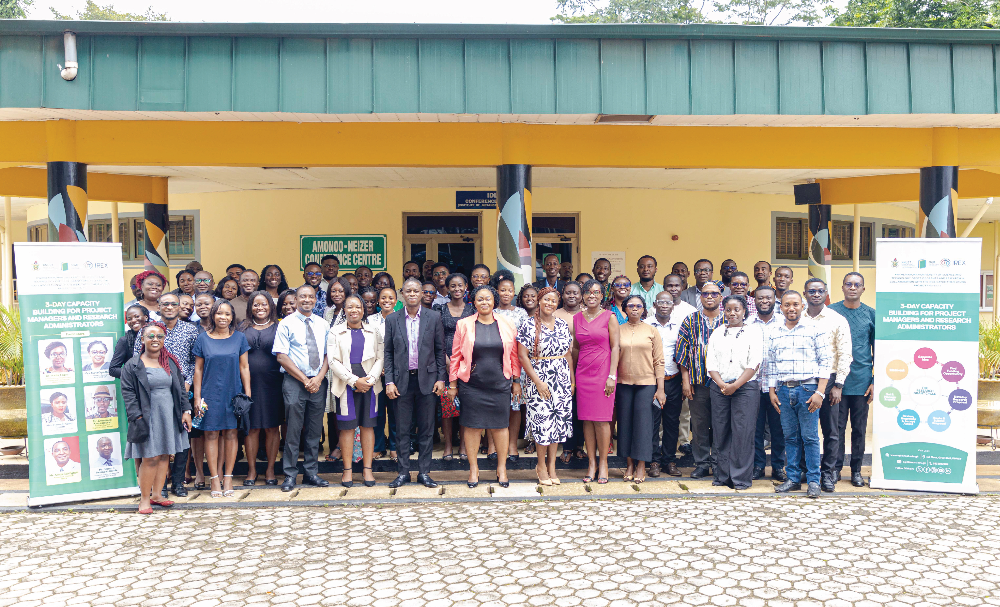The Office of Grants and Research (OGR) at the Kwame Nkrumah University of Science and Technology (KNUST), Kumasi has begun a three-day intensive training to strengthen the capacity of project managers and research administrators in grant management.
Organised in collaboration with the IREX Catch Them Young (CTY) Project, the workshop aims at fortifying KNUST’s grant management systems, aligning them with international best practices and meeting evolving funder expectations.
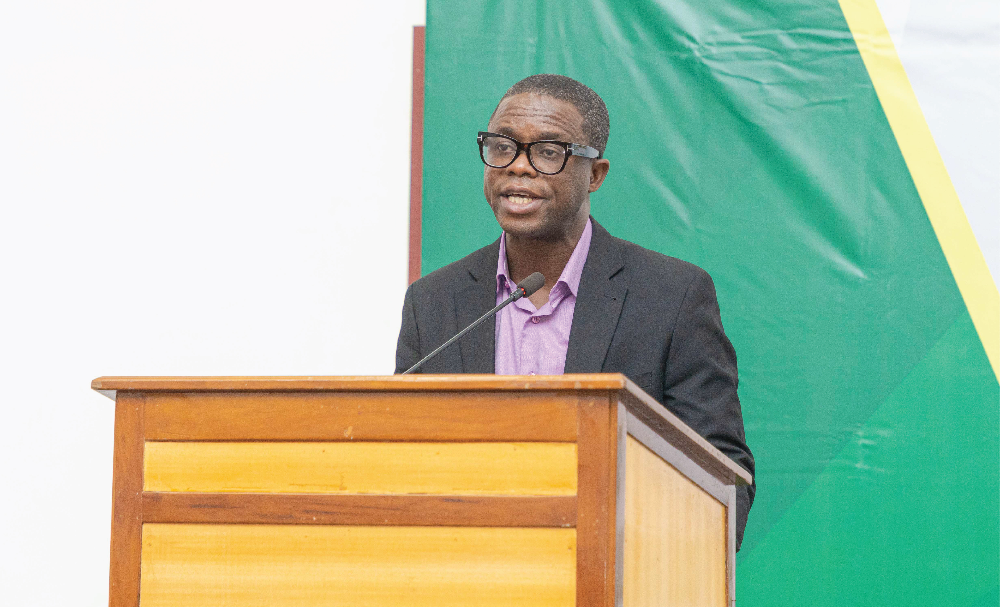
Director of OGR, Prof. Philip Antwi-Agyei, described the training as a deliberate effort to close capacity gaps and enhance post-award grant administration.
“Project managers and administrators are central to the research grant cycle. This workshop will give them the knowledge, tools, and resources to manage projects effectively and in full compliance with funder requirements,” he said.
“In today’s competitive environment, securing major funding depends not only on strong research ideas but also on the capacity to manage grants efficiently and deliver impactful results.”
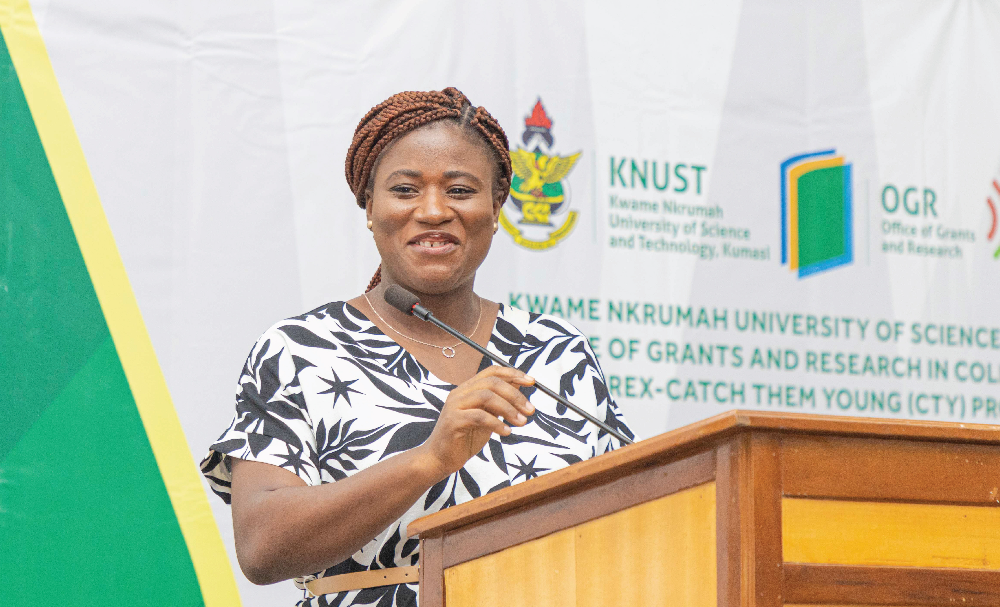
Grants and Research Manager at OGR, Mrs. Hannah Adom Eyison, said the workshop responds to challenges such as limited staff strength and inadequate coordination between project teams and the central grants office.
“Sometimes project teams hire their own managers without our knowledge. We saw the need to close that gap by empowering existing staff, bringing them closer to core processes, and helping them perform better,” she noted.
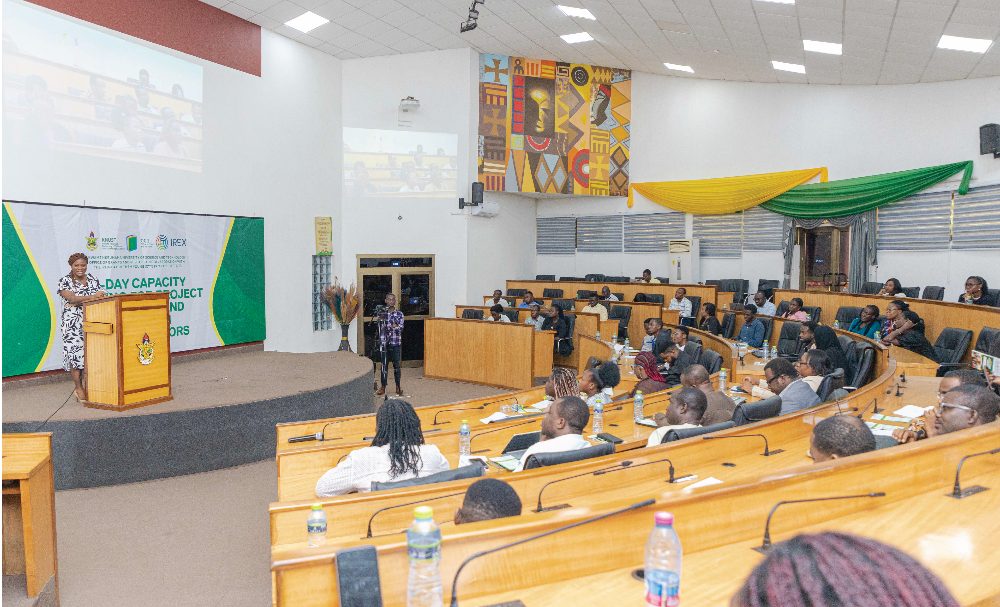
Speaking on funding opportunities, Mrs. Nana Oye Akuffo of the University of Ghana underscored the need for universities to maintain vibrant, well-resourced research offices aligned with institutional culture.
“Funders look for skilled administrators and systems that keep pace with changing policies. Even if you trained someone ten years ago, policies have changed. Retraining is essential,” she said, adding that understanding both institutional priorities and funder strategies is key to winning major grants.
She further advised research administrators to study both their institution’s research culture and the specific strategic goals of potential funders, many of whom set three-to-five-year priorities.
“If a funder’s current focus is on mental health, malaria eradication, or non-communicable diseases, you cannot ignore that and pursue a completely different agenda,” she said.
“Your research office must position projects to align with those priorities, because that is how institutions attract and win bigger grants.”
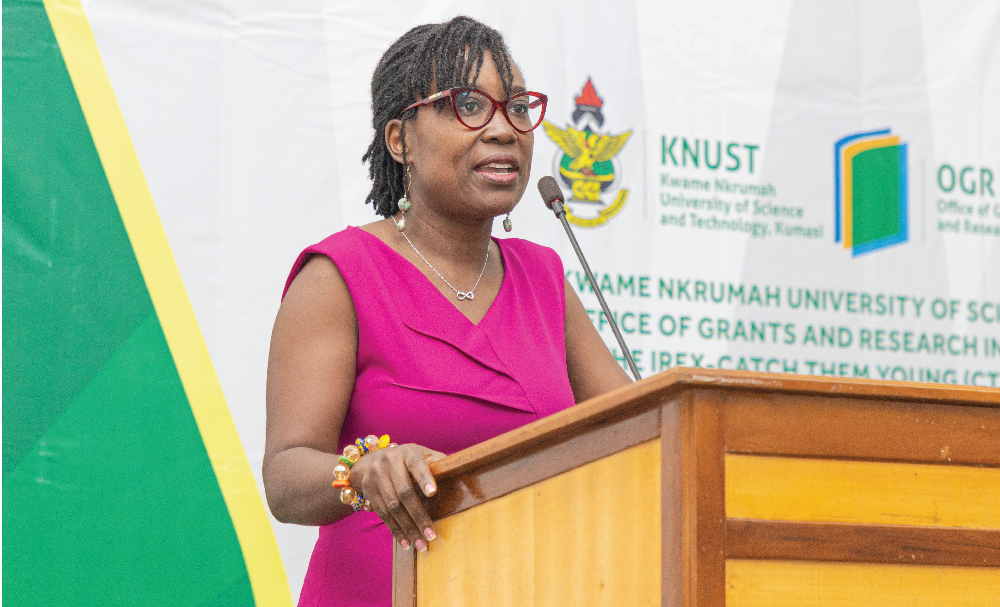
Dr. Nadia Tagoe, Senior Lecturer at the School of Public Health’s Global Health Department, stressed that strong grant management systems enhance institutional credibility.
“When we deliver well on grants, funders see us as efficient and accountable. This opens doors to more funding. Project managers play a big role, even in proposal development and budgeting,” she explained.
She added that a well-trained administrative team also helps researchers anticipate post-award realities during proposal writing, ensuring smoother implementation.
“Understanding the operational requirements from the onset allows for realistic budgeting, proper timelines, and fewer compliance issues down the line,” Dr. Tagoe said.








